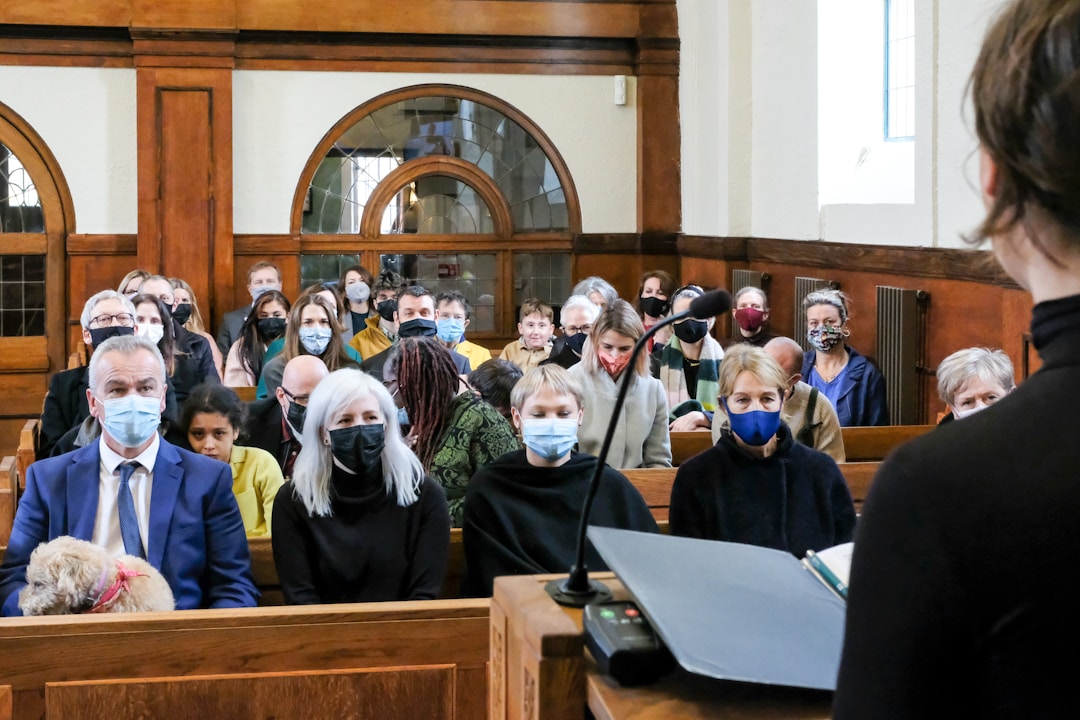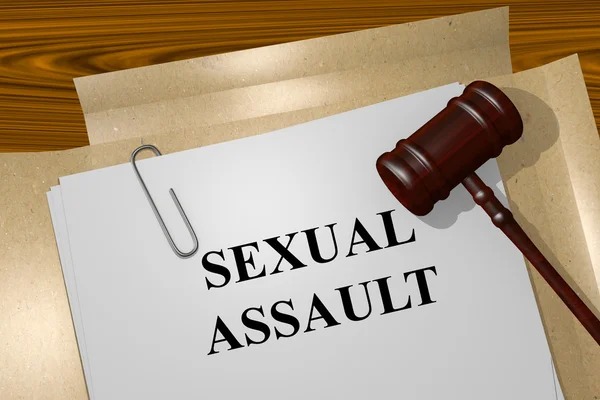Facing a false accusation can be a harrowing and confusing ordeal. The implications of being wrongly accused extend far beyond the courtroom, potentially affecting one’s reputation, career, and personal life. Understanding one’s rights and the judicial process is critical in navigating these turbulent times. Securing appropriate legal representation is often the first step toward countering such allegations effectively. In this article, we will explore the aspects of false accusations and the importance of a sturdy defense.
Why Legal Representation Is Crucial in False Accusation Cases
The complexity and stakes of dealing with false accusations necessitate skilled legal representation. A seasoned attorney can navigate the intricacies of the law, ensuring that your case is presented in the most favorable light possible. They act as both shield and advocate, absorbing the legal blows and strategizing countermeasures on your behalf.
Selecting the proper legal counsel is crucial; your defense should be entrusted to someone with experience in similar cases. The attorney will be responsible for motion filings, pre-trial conferences, and, if necessary, representing you at trial. A trustworthy attorney ensures that your side of the story is heard and your rights are protected throughout the legal proceedings.
Having an attorney is not merely about legal maneuvering but also about psychological and emotional support. The stress of criminal accusation can be overwhelming, and a dedicated attorney can help alleviate some of that burden by handling your defense’s procedural and strategic aspects.
An experienced attorney for false accusations will often seek to have the charges dismissed before a case goes to trial. Having a dedicated professional scrutinize the evidence and advocate for your innocence can determine the outcome of your case.
Understanding False Accusations and Their Consequences

False accusations can arise from various situations and impact any individual, regardless of background. Whether borne out of misunderstandings, malice, or mere errors in judgment, the consequences can be devastating. A false claim can tarnish reputations, disrupt families, and lead to unwarranted legal consequences, including imprisonment. The emotional toll on the accused and their loved ones is often profound and long-lasting.
The seriousness of a false accusation depends on the nature of the alleged offense. Claims ranging from theft to more severe offenses like assault or fraud can result in significant legal penalties if not addressed appropriately. While designed to be fair, the criminal justice system is not infallible. Mistakes can occur, so understanding the nature and potential impact of false accusations is paramount for those accused.
Even in the face of innocence, the stigma attached to being charged with a crime can lead to social ostracization. For professionals, it may mean the suspension or loss of licenses, interruption of careers, and a tarnished reputation that may never fully recover, even after charges are dropped or a verdict of not guilty is reached.
The ripple effect of a false accusation also extends into the financial realm. Legal fees, loss of work, and potential civil lawsuits stemming from an accusation can impose a significant financial burden on the accused. For these reasons, it is crucial to understand the gravity of a false accusation and take immediate and informed action.
Your Legal Rights When Faced with a False Accusation
Upon being falsely accused, it is vital to be aware of your legal rights. The presumption of innocence is a cornerstone of the legal system, meaning you are considered innocent until proven guilty. You also have the right to remain silent, as anything you say can be used against you in court. This right is fundamental to uphold, as attempts to clear your name prematurely may inadvertently harm your case.
Another fundamental right is the right to legal counsel. Enlisting the services of an experienced attorney is essential, as they can help navigate the complexities of the legal system and provide representation and advice. A skilled lawyer will also protect you from making incriminating statements and ensure all appropriate evidence is collected and presented in your defense.
You have the right to a fair trial, which includes the ability to confront witnesses and challenge evidence presented against you. Moreover, you may present witnesses and evidence in your defense. Understanding these rights can be the difference between a conviction and an acquittal, making legal knowledge and representation paramount.
Overall, navigating a false accusation requires a strong understanding of your legal rights and the guidance of a skilled attorney to ensure those rights are upheld. With the proper legal support, individuals can protect their reputations, preserve their futures, and work toward a just resolution.






